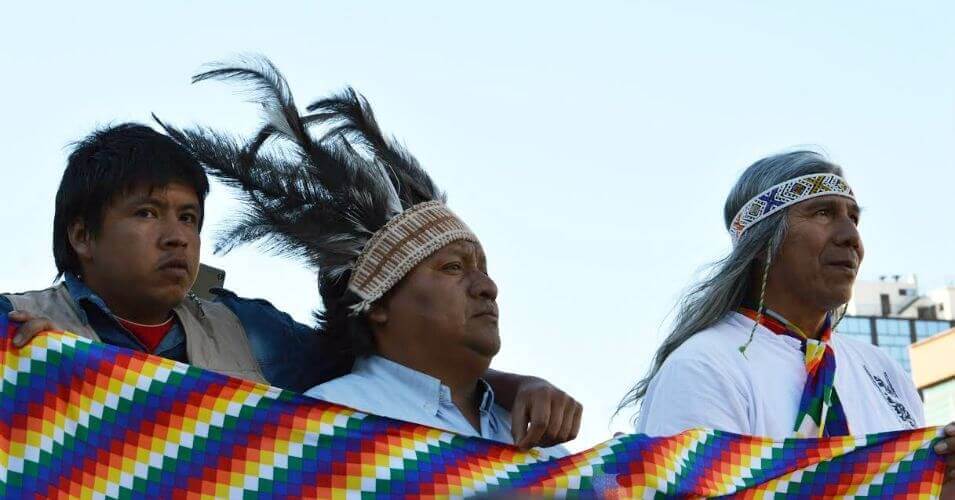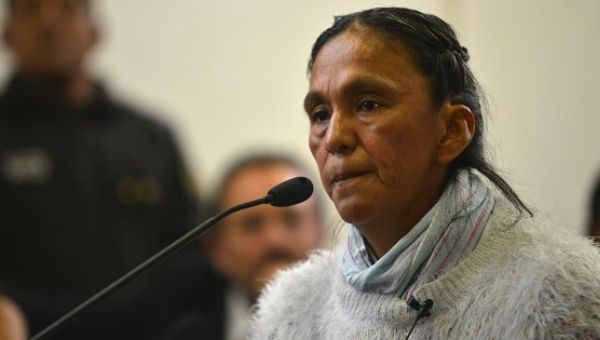Argentina is a country made up of 23 provinces, with a total population of approximately 40 million people. The most recent national census in 2010 gave a total of 955,032 people self-identifying as descended from or belonging to an indigenous people.1 There are 35 different officially-recognised indigenous peoples in the country. They legally hold specific constitutional rights at the federal level and in various provincial states. In addition, ILO Convention 169 and other universal human rights instruments such as the International Covenant on Civil and Political Rights (ICCPR) and the International Covenant on Economic and Social and Cultural Rights (ICESCR) are of constitutional force in the country. Argentina voted in favour of the UN Declaration on the Rights of Indigenous Peoples.
International Work Group for Indigenous Affairs, The Indigenous World 2019




